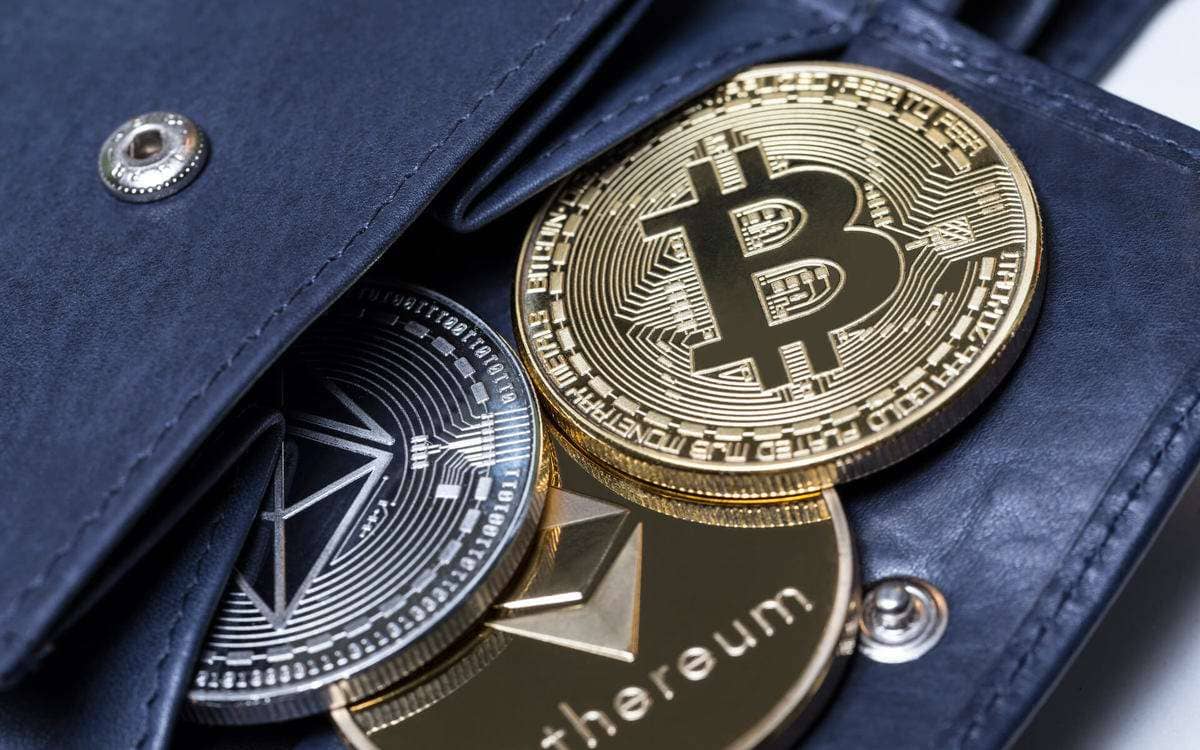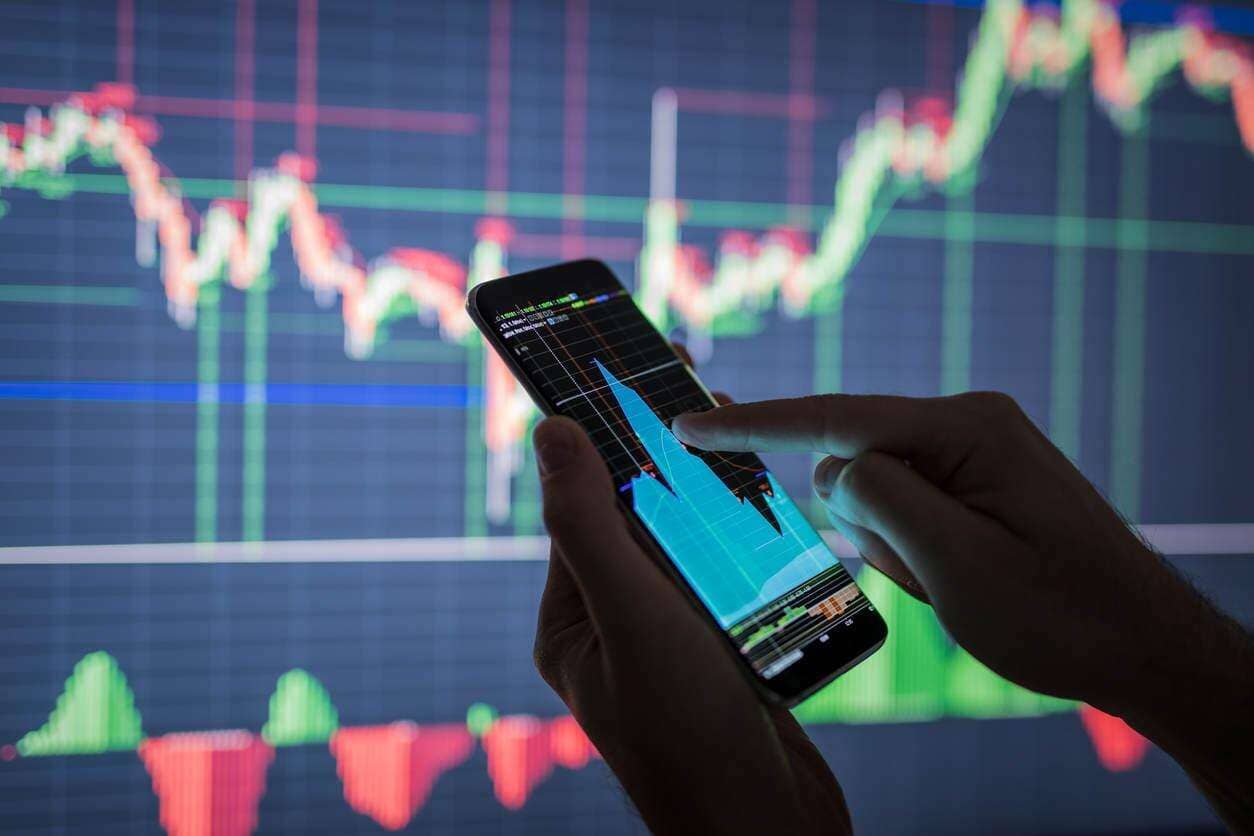Content
But when times get tough, consumers and businesses often hoard money to provide them a buffer against instability and job loss. By hoarding, they slow the movement of money through the economy, potentially leading to a destructive deflationary spiral. At its worst form, consumers end up not spending, because goods are expected to be cheaper tomorrow, plunging the economy into crisis. Bankrate follows a stricteditorial policy, so you can trust that our content is honest and accurate.
Or, do not store your recovery phrase unencrypted on a computer. While there are ways to do this yourself, hardware wallets come preloaded with software and other usability and security features that make the process smoother. These tend to cost money, because you have to buy a piece of actual hardware that’s set up to store your crypto. Because they are not connected to the internet, they may be harder for other users to reach. But if you lose the actual device, recovery could be very difficult. Crypto wallet that can hold the public and private keys used to prove your coins belong to you.
How Do Cryptocurrency Wallets Work?
Liquidity and distributions are not guaranteed, and are subject to availability at the discretion of the Third Party Fund. A new report from blockchain analysis firm Chainalysis shows that new crypto pump and dump schemes made token creators over $30 Million last year. This type of artificial inflation is nothing new in the field of securities, but 2022 saw a marked increase for this type of fraud in the crypto market.

With most exchanges, you can pay through ACH or wire transfer and use debit or credit cards. When you make your account, the app generates a random 12- or 24-word phrase corresponding to your private key. You won’t be able to access your funds without it if you lose your login credentials or want to retrieve them on another device, so make sure to store this phrase safely. Hardware wallet compatibility– Anyone who is seriously thinking about getting into crypto should consider getting a hardware wallet.
Atomic Wallet: 3.4 out of 5 stars
Custodial crypto wallets require you to safeguard your own private keys, while self-custody wallets (aka non-custodial) entrust that security to a third-party, usually a crypto exchange. When choosing a wallet, the owner must keep in mind who is supposed to have access to the private keys and thus potentially has signing capabilities. In case of cryptocurrency the user needs to trust the provider to keep the cryptocurrency safe, just like with a bank. Trust was misplaced in the case of the Mt. Gox exchange, which ‚lost‘ most of their clients‘ bitcoins.
With a non-custodial wallet, your cryptocurrencies can be accessed using a private key that’s in your control. Since you’re the only one managing the private key, it’s important to keep safe. If you forget or lose your key, you won’t be able to access your cryptos. And if your key becomes known to someone else, the contents of your wallets may be in danger. A hardware wallet, often a small plug-in device, is a portable key to access your crypto assets safely from anywhere.
Crypto IRL: Crypto Remittance Sent via WhatsApp
Because a third party manages your crypto, they also control your crypto keys. This means that if the company goes out of business or is hacked, your crypto could be at risk. They are managed by a third party, which could be an exchange, a company, or even just another crypto user. These wallets are convenient because you don’t have to worry about losing your private keys or managing them yourself. When you use your private key to sign a transaction, the network can verify that the private and public keys represent a pair — while still maintaining the privacy of the information.

Maintaining a multiple-currency wallet is certainly more convenient. For one, you won’t have to remember the seed phrase for each wallet. This text is informative in nature and should not be considered https://xcritical.com/ an investment recommendation. It does not express the personal opinion of the author or service. Any investment or trading is risky, and past returns are not a guarantee of future returns.
Money Classic
You can do this by transferring tokens from another wallet or linking your account to an exchange in the app settings, which will require additional verification. Purchase cryptocurrency or transfer coins from another wallet or exchange. how does a crypto wallet work Set up your security features, including a recovery phrase. Now, the next question that might be hitting your mind is – is it good to create a wallet holding a single cryptocurrency or the one that manages multiple currencies.
- You shouldn’t need to store any personal information or even give an email, but it’s important to record your private key in a safe place.
- But for those a little more risk-averse who intend to hold their coins long term, then a secure offline device, like hardware wallets, might make the most sense.
- For those holding large sums of money in the form of cryptocurrency, most experts agree that using a hardware wallet is a must.
- Bitcoin and Ethereum, two of the most popular coins, fell by more than 70 percent from their all-time highs in 2022, but have recovered somewhat during 2023.
- So the most important factor to consider when choosing a wallet is whether it works with the coins you own.
In addition to this, it also allows users to send and receive digital currencies. The harsh reality is that online and software wallets are exposed to inherent security risk from hackers and malware that can corrupt or steal your precious private keys. The only way to prevent this is to keep small quantities of crypto assets in online wallets and the rest in cold storage.
What is a crypto wallet (cryptocurrency wallet)?
Cryptocurrencies are subject to high fluctuations in value. A decline in value or a complete loss are possible at any time. The loss of access to data and passwords can also lead to a complete loss.
Cryptocurrency Wallet
Wallets come in many forms, but at their core they all provide a way to protect secret information that gives you control over your digital assets. This is not something you want to leave to chance; if you lose access to these “private keys,” you may never get your cryptocurrency back. Cryptocurrency wallets, or simply crypto wallets, are places where traders store the secure digital codes needed to interact with a blockchain. They don’t actively store your cryptocurrencies, despite what their name may lead you to believe. All wallets can be classified into two categories- cold wallets and hot wallets. They are usually not hackable and can be used without net connection too.